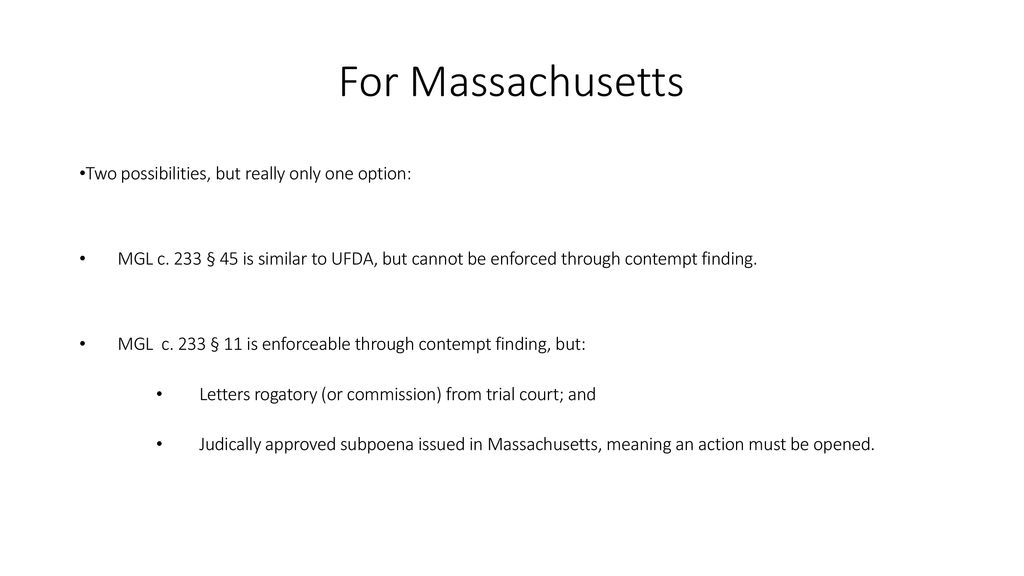What You Need to Know About Letters Rogatory in Cross-Border Instances

Definition of Letters Rogatory
Letters rogatory are formal demands made by a court in one territory to the suitable judicial authority in another jurisdiction, seeking help in obtaining proof or offering lawful papers. This legal instrument is especially considerable in cross-border situations where direct communication in between judicial authorities is either impractical or not allowed due to lawful restraints.
Normally, letters rogatory are made use of in civil and criminal matters, permitting courts to request the collection of statement, papers, or various other important materials from outside their jurisdiction. When a court identifies the requirement for evidence that can not be gathered locally, the process begins. Following this, the requesting court prepares a formal letter outlining the particular info or action called for, making sure conformity with both territories' legal standards.
As soon as sent, the recipient court reviews the demand and carries out the essential procedures according to its very own legislations (Letters rogatory). The efficiency of letters rogatory depends greatly on global treaties and arrangements, which help with collaboration amongst nations. This device highlights the significance of mutual lawful aid in supporting justice across borders, making sure that legal processes are not prevented by geographical boundaries
Objective and Relevance
Assisting in global participation, letters rogatory serve a vital function in the world of cross-border lawful procedures. They function as official requests from a court in one jurisdiction to a court in another, seeking assistance in collecting evidence or conducting assessments pertinent to a case. This mechanism is crucial when a celebration needs to acquire statement or papers located outside their very own jurisdiction, making sure that legal procedures are not hindered by geographical borders.
The significance of letters rogatory can not be overstated, as they play a crucial role in promoting the honesty of legal systems throughout nations. By providing an organized method for global partnership, these letters help to preserve respect for each and every nation's sovereignty while promoting the discovery process crucial for reasonable tests. They likewise ensure that proof is accumulated in a manner that follows the lawful standards and procedures of the requesting jurisdiction.

Process of Issuing Letters Rogatory
The procedure of releasing letters rogatory entails a number of key actions that need to be meticulously complied with to guarantee conformity with both domestic and worldwide lawful criteria. A demand for help should be prepared, outlining the details proof or testament looked for from the foreign territory. This demand should plainly mention the facts of the instance, the relevance of the proof, and the legal basis for the demand.
When the request is composed, it is usually sent to a domestic court or relevant authority for approval. The court may review the demand to ensure it complies with step-by-step needs and straightens with worldwide treaties or conventions governing mutual legal aid.
Upon authorization, the request is officially equated right into the language of the international territory, as called for - Letters rogatory. Subsequently, the letters rogatory are sent to the proper international authority, commonly via diplomatic networks or main authorities assigned for such objectives
Difficulties and Limitations
In cross-border lawful proceedings, navigating the difficulties and limitations of letters rogatory can substantially impact the efficiency of proof gathering. One major challenge is the varying legal standards and step-by-step requirements across jurisdictions. Different nations may have unique policies concerning the admissibility of proof, which can complicate the execution of letters rogatory.
In addition, the time needed to refine these requests can be significant. Hold-ups in the foreign jurisdiction might prevent timely access to critical evidence, which can endanger the total case. Language barriers additionally pose significant difficulties; making certain accurate translation of papers and testament is essential however can present possible misinterpretations and extra issues.
Additionally, there is commonly an absence of reciprocity in the treatment of Extra resources letters rogatory. These challenges necessitate mindful preparation and consideration by legal specialists involved in cross-border litigation.
Best Practices for Legal Professionals
Reliable approaches for lawyers navigating letters rogatory in cross-border instances can considerably improve the likelihood of effective evidence gathering. It is important to thoroughly recognize the legal structures and procedural requirements of both territories involved. This expertise will aid in preparing a clear and precise demand that aligns with the getting country's lawful standards.
Next, developing strong interaction with foreign lawful representatives can assist in the process. Engaging neighborhood guidance that are familiar with the subtleties of their legal system can supply important understandings and help over here navigate prospective pitfalls. It is likewise valuable to include detailed information about the proof looked for, guaranteeing that it is pertinent and essential for the case.

Verdict
In summary, letters rogatory serve as a crucial device for obtaining evidence in cross-border legal matters. Eventually, comprehending the subtleties of letters rogatory is crucial for legal professionals engaged in worldwide litigation.
Letters rogatory play an essential duty in facilitating the exchange of evidence across international borders, serving as a bridge between disparate legal systems. As we check out finest methods and the subtleties of more information this lawful device, it becomes clear that proficiency of letters rogatory is indispensable for effective international lawful technique.
In cross-border lawful process, browsing the difficulties and constraints of letters rogatory can dramatically influence the efficiency of evidence gathering.Effective strategies for lawful specialists browsing letters rogatory in cross-border situations can significantly boost the likelihood of effective evidence gathering.In summary, letters rogatory serve as an essential device for getting proof in cross-border legal issues.